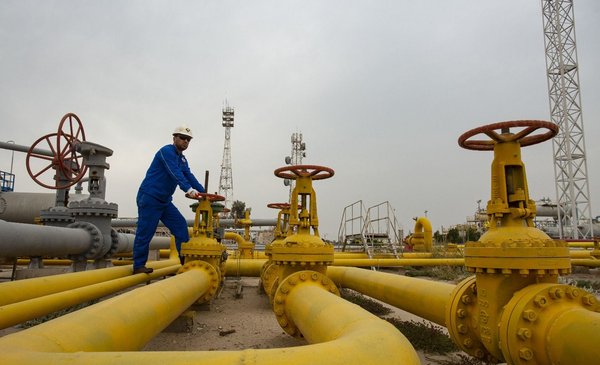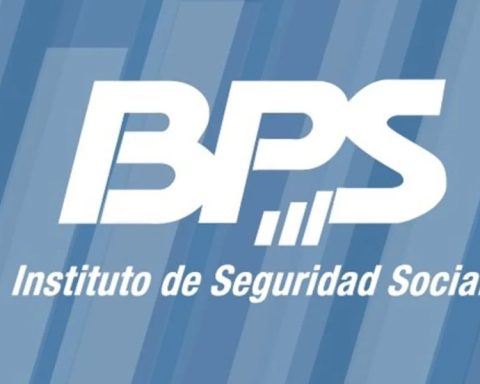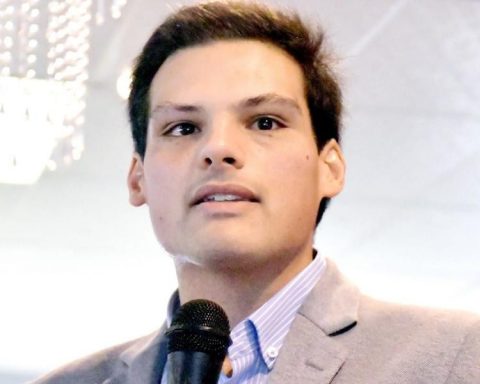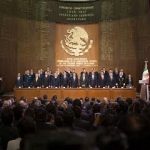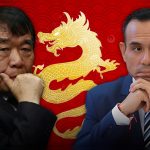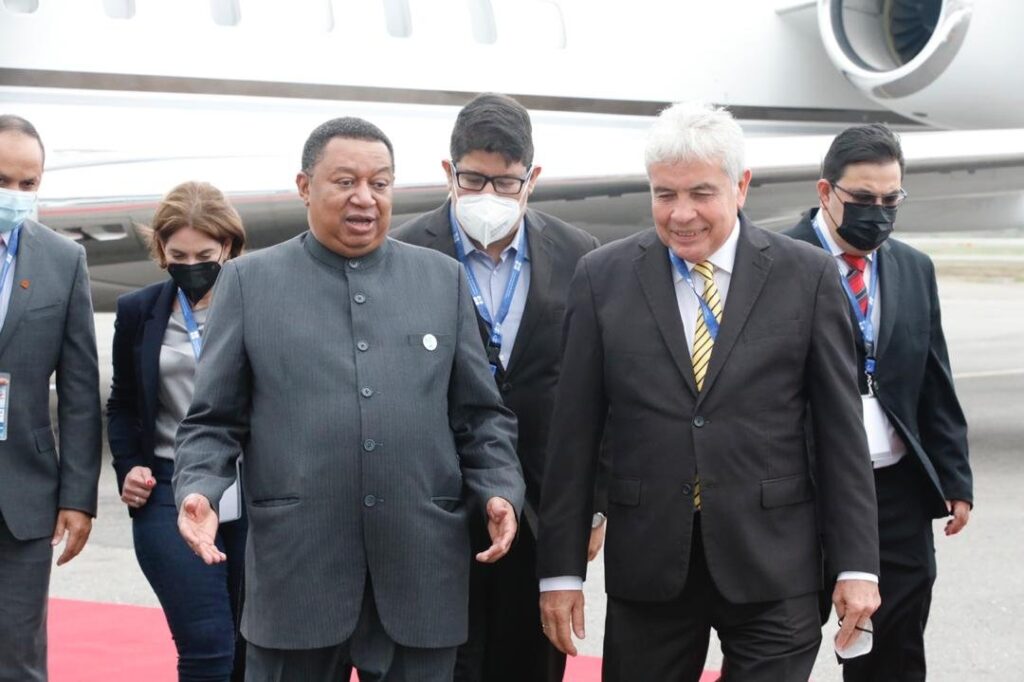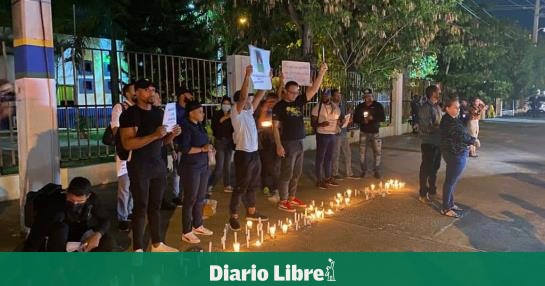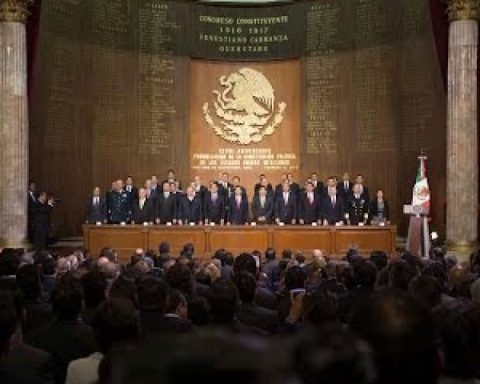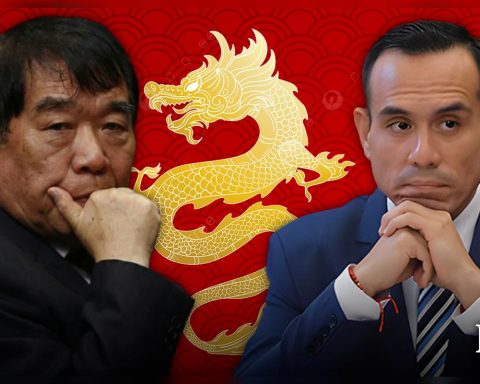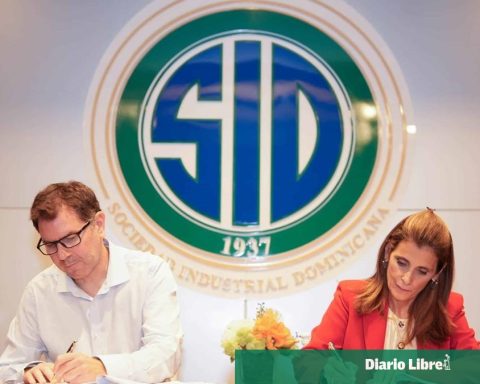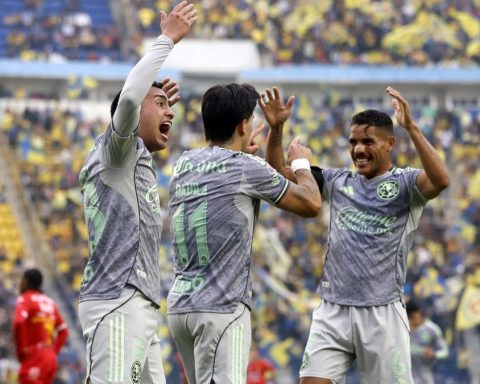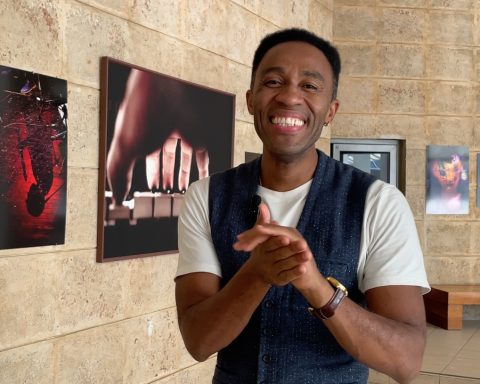After many years of practical price stability, in which the risk of deflation even caused concern, inflation is back. According to the International Monetary Fund (IMF) —which has just published its spring forecasts— the world inflation this year will reach 7.4% (close to one 6% in developed economies and 9% in emerging ones). To see similar figures in developed economies we have to go back to the mid-1980s (when the global economy was recovering from the oil shocks of the 1970s).
The current inflationary process is still in full swing, and the action of the central banks, the ultimate guarantors of price stability, is going to intensify a lot. In a first phase, the acceleration of prices was perceived by the majority as a transitory phenomenon (mainly derived from the mismatch after covid-19 between the very strong recovery in demand and the slower recovery in productive capacity). Hence, the European Central Bank (ECB) and even the United States Federal Reserve (Fed), despite the first signs of demand pressure, opted for caution.
Months later, the new energy shock adds new pressure on prices and prevents the expected moderation in inflation. Faced with a more general increase in the components of the shopping basket and in expectations (much more in the United States than in Europe), inflation has come to be considered one of the main risk factors for the global economy. In this second phase, the central banks have taken the lead, changing their communication, putting inflation at the center, and signaling the acceleration in the monetary normalization process.
Given that central banks have expanded their toolbox in recent decades, normalization not only depends on raising interest rates (the main instrument of monetary policy), but also on the possibility of managing their balance sheet or , which is the same, of the liquidity of the system (a balance sheet that has been expanding with asset purchases, and that will stop doing so, or could even be reduced). Thus, the Fed has ended the asset purchase program – it certainly made no sense to continue it in an inflationary environment and with high valuations of some assets – and has raised interest rates by 25 basis points in March and 50 points (0.5%) this month.
Meanwhile, the ECB has ended the pandemic emergency program (PEPP), has set an expiration date for the standard program (APP), and will start raising rates in the third quarter of the year (September or even July).
The big question is how this whole process will end: what will happen to inflation, how much will interest rates rise, and what will be the cost (in terms of growth) of containing inflation. History, not only the most distant, but the most recent, invites us to be humble, especially when we are surrounded by so much fog.
Unlike in the 1970s, central banks now have great (hard-earned) credibility and extensive instruments to do so.
It is true that for some they may have arrived a little late (the famous phrase that “they are behind the curve”), but this should not worry so much, considering that the delay is surely due to the difficulty of making a correct diagnosis in the event of succession. of supply and demand shocks, and not for another type of motivation, such as helping governments to contain the cost of financing or supporting financial markets (what is known, respectively, as fiscal or financial dominance).
From now on, the difficult part will be to calibrate rate hikes. Even using the traditional Taylor rules, there are parameters —such as the neutral interest rate or measures of slack in the economy— about which there is a lot of uncertainty. If they fall short, it will take longer to tackle inflation; if they are passed, they can cause a recession. But from what there is no doubt that central banks will do whatever it takes to avoid an inflationary spiral.
